Edel House: Offering women and children in Cork to live with dignity
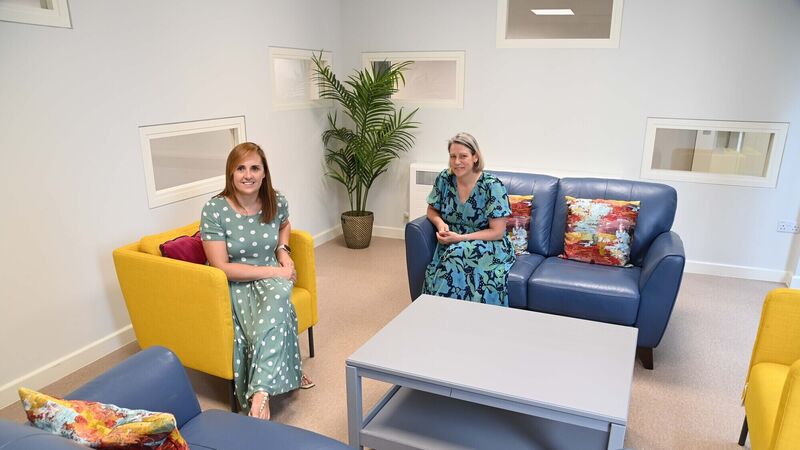
Colette Foster, manager, (right) and Claire Harrington, volunteer & event co-ordinator and social care leader, Edel House, Good Shepherd, Cork.
AS reports of homelessness in Ireland abound, it’s difficult not to feel despondent. A recent trip to newly-refurbished Edel House, the residence of 20 single women and 13 families experiencing homelessness in Cork, assures me that some Irish people are far too busy to feel hopeless.
In the face of our national “disaster”, as President Michael D Higgins describes it, the predominately female staff of Good Shepherd Cork are fighting back.
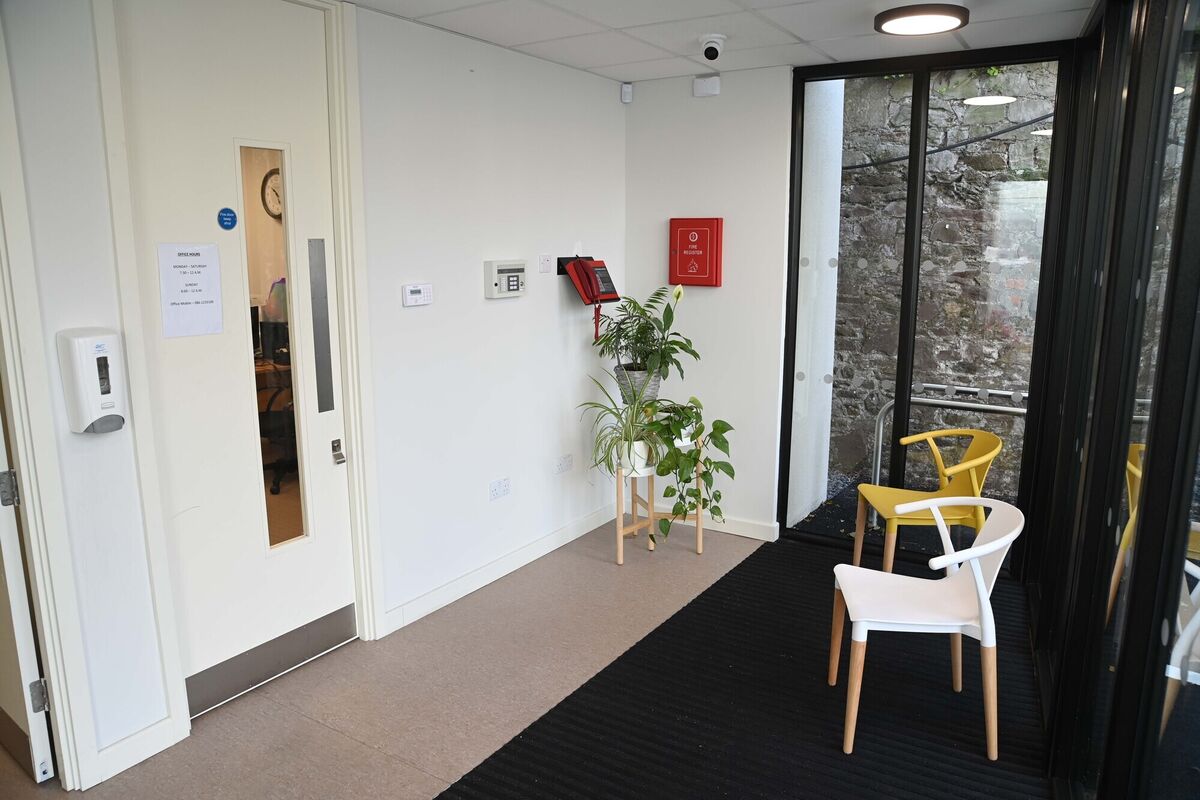
I arrive to check in on the second and final leg of the recent renovations at Edel House. A new building was added in 2021. The team then vacated the old building whilst it was undergoing refurbishment, returning to the completed facility in May.
Before taking my tour, I learn more about the general work carried out by Good Shepherd, Cork, and meet with Mary, a current resident.
THE BIGGER PICTURE
When the service was established 50 years ago by Sister Colette Hickey, it offered vulnerable women the refuge of a room; nowadays, it does a lot more.
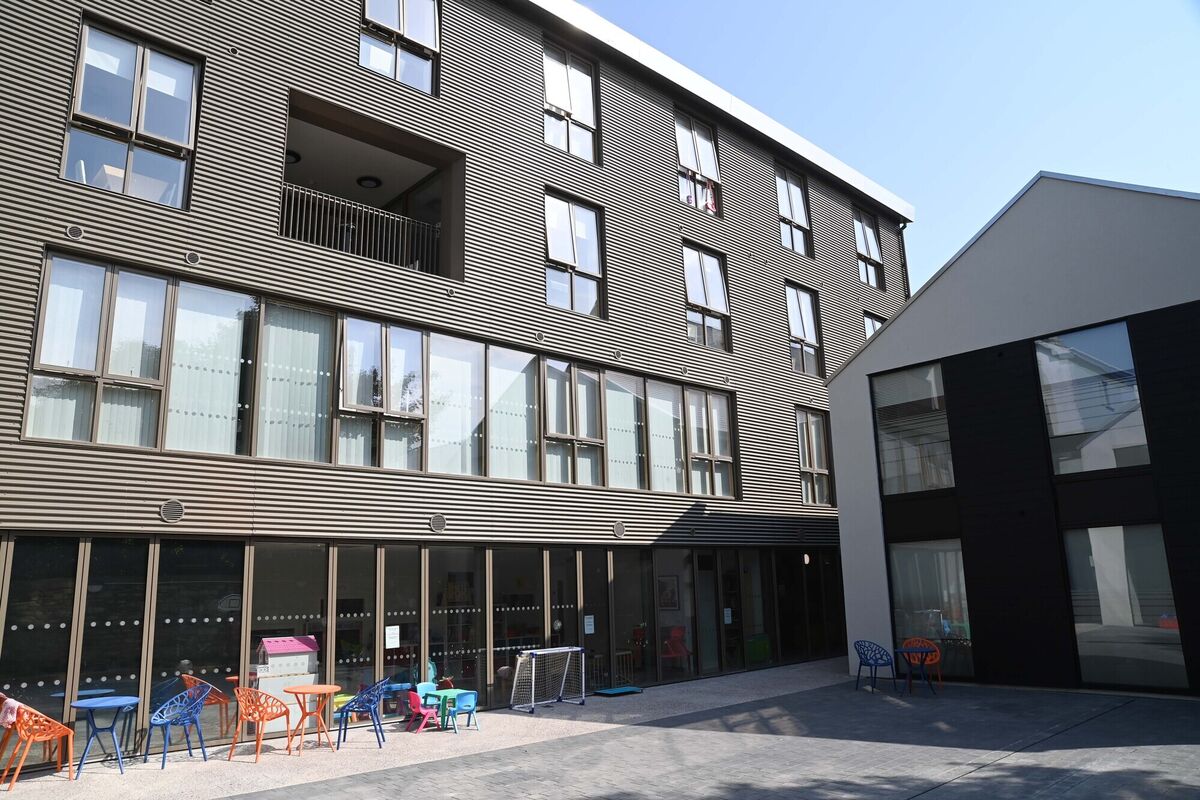
Manager Colette Foster explains the need for holistic, wraparound supports in their service.
“We know that a child brought up in homelessness is more likely to bring their own children up in homelessness too. Which is why we put so much focus on education.
“We pay for children to go to summer camps, and we liaise with schools through our Schools Connect programme. We seek to break the inter-generational cycle of homelessness.”
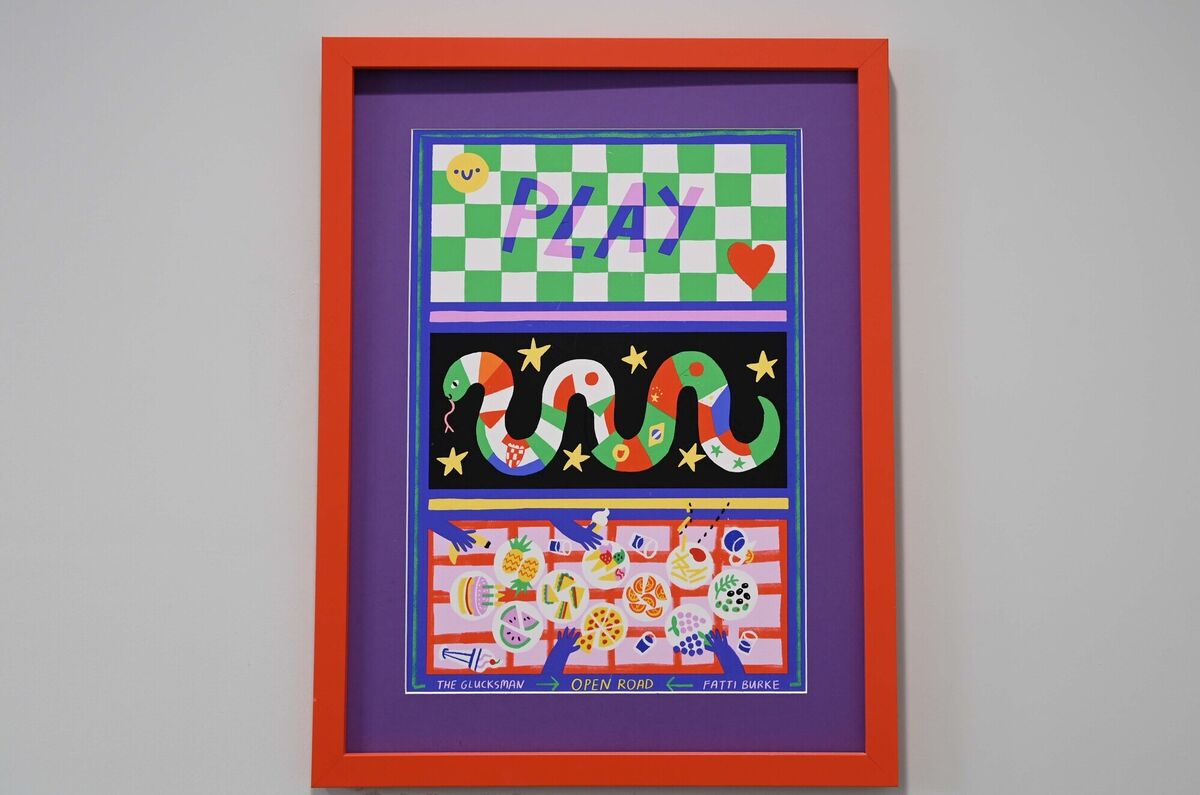
Edel House, 90% funded by Tusla, HSE Social Inclusion, and Cork City Council, works with multiple agencies, providing the most robust safety net possible for potential clients. The staff includes a therapeutic team and childcare workers. They also have a mental health and addiction support worker on staff.
Claire Harrington, the Volunteer and Event Coordinator for Good Shepherd Cork, explains that whilst Edel House is the place everybody knows, there are multiple services available.
“Redclyff House is our family hub on Western road, offering similar services to here; Bruac on Redemption Road is an education centre for young people who have left mainstream school; River View on the North Mall is for teenage girls who are out of home without parents; and Baile and Aoire in Montenotte is comprised of individual homes for older women and those capable of more independent living.
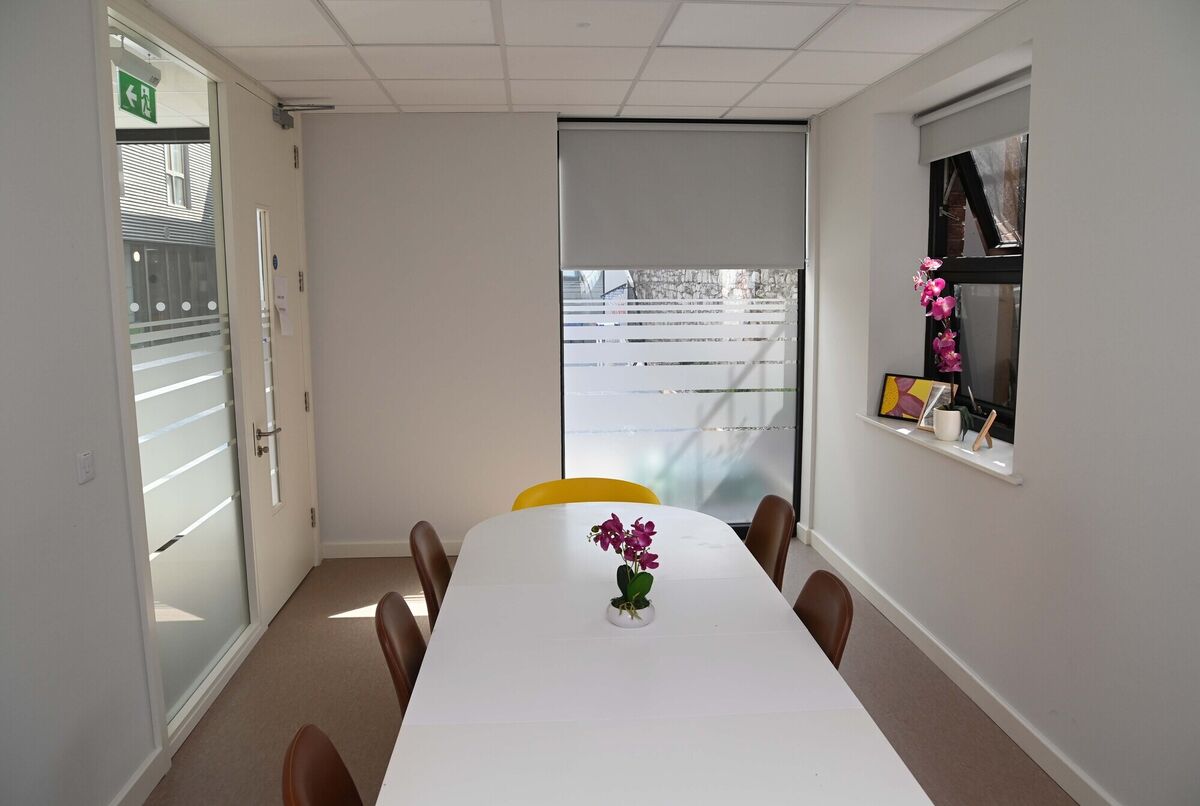
“We also run an outreach programme for families staying in B&Bs, supporting them to progress in their journeys towards independence.”
A RESIDENT’S PERSPECTIVE
Mary tells me that extensive activities organised by staff allow her to not think for a while.
“When I do an activity, it’s like I could be in any situation. I don’t need to worry. I can think about the picture I’m painting and nothing else.”
Through their partnership with The Glucksman Gallery in UCC, residents of Edel House spend every Tuesday morning at the gallery. The art classes are organised in line with the Good Shepherd ethos: every individual is important and each has a contribution to make.
The peaceful setting offers Mary true inspiration and escape.
“It’s like I’m not homeless anymore. I’ve never tried art before, but it gives me the sense that I can improve myself and that I’ve something to say.”
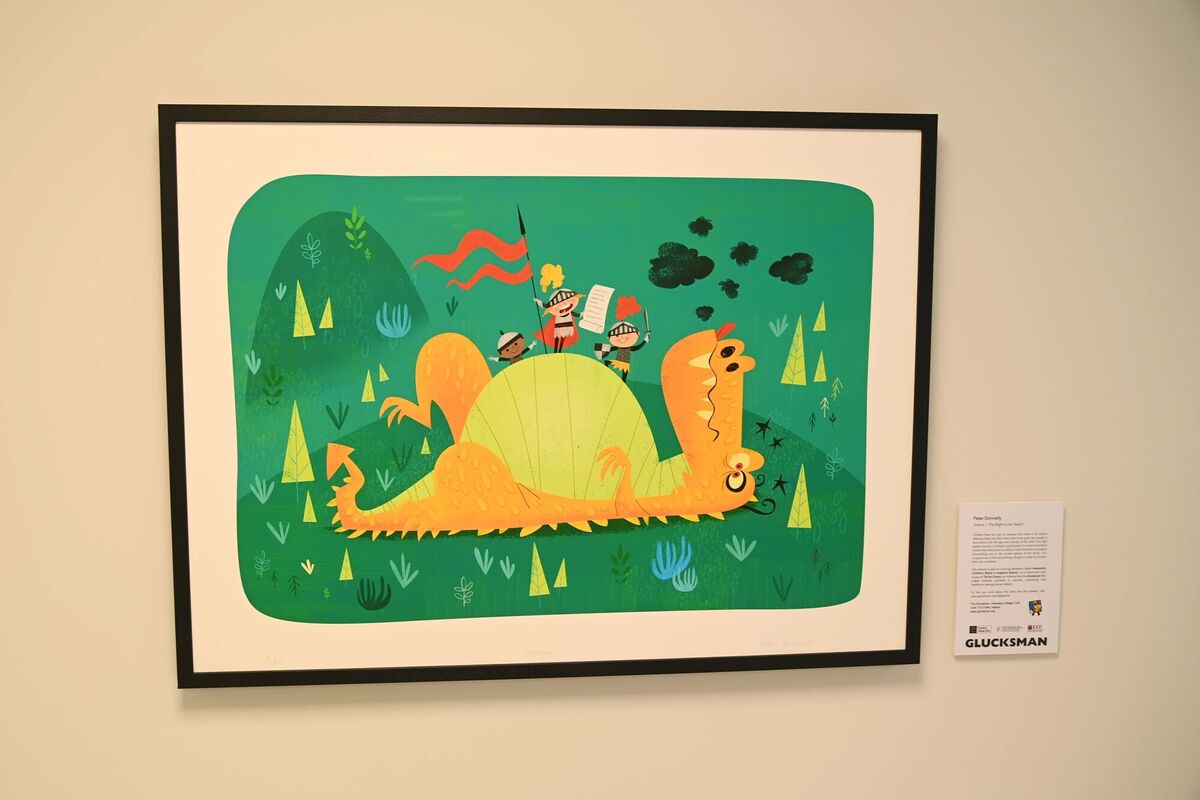
Claire Harrington, who is also the social care leader when in Edel House, explains that these activities are organised by their Making Change Coordinator Carolyn O’Regan.
“It’s not just about offering people emergency accommodation, a bed and four walls, it’s also about supporting the person, to get them to a place where they can become independent again. We run many other sessions like mindful colouring and cooking.”
Mary’s eyes light up at the mention of cooking.
“We have such a diverse group of women here so, we take turns cooking dinner. It was Venezuelan food last week and next week it will be Polish.
“We talk about the food and sit down together and share a meal.”
RENOVATIONS AT EDEL HOUSE
Mary’s experience, her sense of space and freedom, is very different to what a woman might have experienced here a few years ago, manager Colette Foster explains.
The renovations are at the very heart of improvements in the service.
Colette recalls seeing one woman cry when she returned to the renovated space. She looked at the new room and exclaimed in disbelief, “Is this all for me?”
Their patience over a 20-year-period has paid off. The finished product is bright, clean and joyful.
Art chosen from the Glucksman by residents lines the broad, light-filled corridors, alongside their own framed art and that of their children, completed during the Tuesday sessions described by Mary.
NEW SPACE
“You’ll notice all the doors of the rooms are in trauma-informed colours because they’re calming,” Claire enthuses. “And the door colour runs through their room, from the kitchen to the bathroom.”
We pass a large play area for small children, and a courtyard for outdoor play. There are social areas, a communal kitchen, various meeting rooms and offices and areas for laundry and meditation.
Claire says the physical improvements have had a huge impact on staff and client wellbeing.
“Beforehand, we could have three single women in one room, sharing a small space and bathroom facilities. It wasn’t fit for purpose.
"One woman might have been in the early stages of battling an addiction, another might have been in early recovery from trauma. They were in on top of each other.”
Staff now find the house far more peaceful, with everyone having their own space.
“The community is given the space to live with dignity. They are becoming far more independent, using the communal spaces less frequently.
“Before, you’d often see women in their nightgowns. Come 8 or 9 o’clock people go into their private spaces now. We also notice we no longer need food contributions because everyone is buying their own food.”
Collette Foster explains that this independence is key to reintegrating the women back into society.
“In the past, women really struggled to survive once they left us as they were so used to being in constant company. They found it so hard to be alone at all. Now we’re confident they’ll do better out in the world on their own because they’ll be used to it. They’ll be more resilient.”
This resilience is certainly building in Mary, who is grateful to the people who took her in following a fall-out with her family, exasperated by the recent lockdown restrictions, her unemployment and poor mental health.
“I feel that people here understand me. I have been given my own space at last, to be my true self, and I feel truly cared for, not only by my key worker but by every member of staff.”
Before I leave, Mary is keen to thank me for coming, at pains to highlight how relevant her situation is not just to fellow homeless people, but to all people living in Ireland.
“Ireland is such a beautiful country with so much to offer but the line you must cross to find yourself homeless is tiny. Even for people working, it’s nearly impossible to find private accommodation and when you say you have HAP (Housing Assistance Payment Scheme), landlords smile and say they will call you, but they never do.”
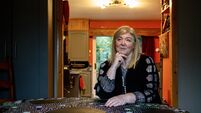
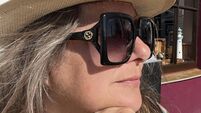





 App?
App?


